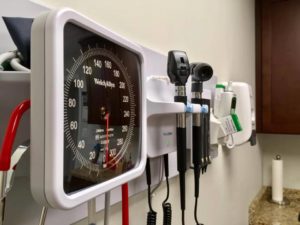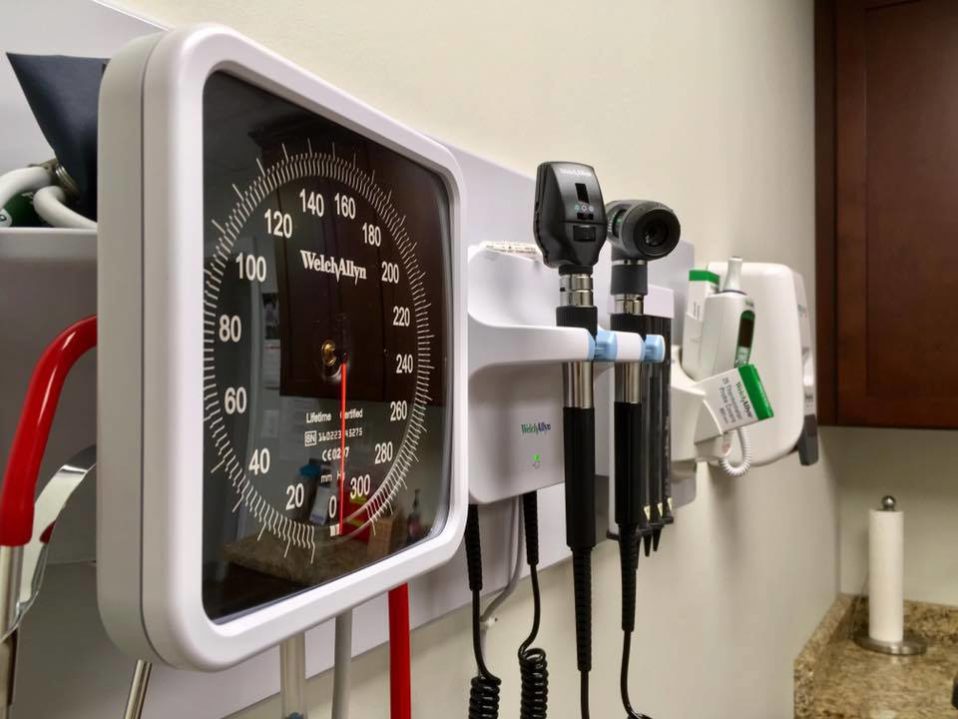 -Ron Lapitan, Former Community Outreach Coordinator
-Ron Lapitan, Former Community Outreach Coordinator
The other day, I met with a friend who founded a non-profit to teach local refugees English through language immersion to consult with her about how to improve our high school curriculum for our cohort of ESL students. Our program empowers teams of students to create service projects to address the public health problems they notice in the community, and also to cultivate their power of expression to talk about the kind of world they want to create.
“One thing you should realize is that different backgrounds have different conceptions about things such as government, law, and rights,” she commented as we went through the part of the curriculum where students learn their legal protections according to the Universal Declaration of Human Rights.
She told a story from one of the Syrian wives in her program of a time her husband was pulled over by police. In Syria, it is customary to get out of one’s car and walk to the officer out of respect. When this husband did it in Maryland, an entire squad was called on him. “Perhaps part of your curriculum could just be educating immigrant and refugee students about the social norms and conceptions of law here,” she suggested. It is fraught with tension, this process of diverse peoples learning to live together. Perhaps we can play our part in making this movement of the world and mixing of cultures a little easier, I thought to myself.
“What have you learned from doing this curriculum with students?” she asked. I paused.
“When you ask a question such as, ‘What would you change about the community if you had the power?” I began, “there is usually silence because youth aren’t used to being asked these questions. But once the first person speaks, it becomes an outpouring,” I described. It’s a question that deep down, youth yearn to be asked, but when someone finally does, they don’t expect it. What kind of world do you want to live in? But once they discover their power to express their imagination of the future, they get excited, and fall in love with that power of expression. A person who has imagined the world they want to live in and put it into words has accomplished the first step in creating it. That is the vision of our program, to create a culture of conversation about the future of our communities.
“It reminds me of when we ask our Syrian wives what they want in this country,” said the friend. “When they talk about the present, it is about finding good schools and transportation. When they talk about the future, it is about the hope that their children will help create a better world. Because they suffered from the condition of this world as it is now,” she said.
In the afternoon, I had a phone call with the director of after school activities in Fairfax county middle schools. “Service learning is a big part of what we want for our students,” said the director. “Will you speak at our meeting next month? We would like to help you expand this program to our 27 middle schools.”
Here’s to a new culture of health and human rights.
“There is only one admirable form of the imagination: the imagination that is so intense that it creates a new reality, that it makes things happen.”
-Sean O’Faolain, short story writer
#healthasright #youthteams



Post a comment